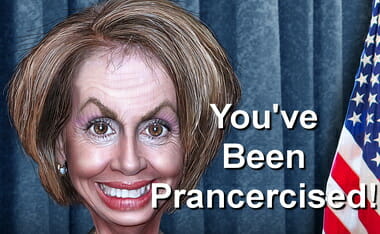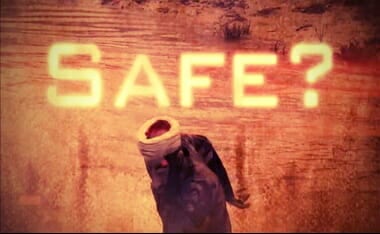》》MORE TO COME! 《《
TUCKER CARLSON
DAILY CALLER notes about the above:
Fox News host Tucker Carlson said Friday that documents released by Elon Musk and journalist Matt Taibbi detail a massive “systemic violation” of the First Amendment.
“One of the most extraordinary moments in the history of social media is unfolding right now as we speak. It began when Elon Musk took control of Twitter. When he bought the company, he promised to reveal its corruption, the extent to which Twitter engaged in politically motivated censorship, including the unlawful illegal censorship of American citizens at the direction of the U.S. government.”
Musk released the documents to journalist Matt Taibbi, who posted a lengthy thread on Twitter. The documents reportedly detail how company executives made moderation decisions and accommodated requests from the Biden campaign.
“Well, tonight, less than an hour ago, Musk began to make good on that promise. Twitter shared a trove of internal documents with Matt Taibbi of Substack, these documents are coming out as we speak and what they prove is very serious,” Carlson said. “Those documents show a systematic violation of the First Amendment, the largest example of that in modern history.”……
I must note that there was a single Democrat that expressed Constitutional concerns about the government asking for the censoring of social media posts. I felt compelled to write a letter to Rep. Ro Khanna:
RPT’S LETTER TO REP. RO KHANNA
Dear Representative Khanna,
I rarely write to my congressman let alone a Rep. from elsewhere in our fine nation. And why would a conservative Evangelical write to a Democrat Representative at all – except to bludgeon him (or her) with fodder.
Well.
After reading the Twitter thread by Matt Taibbi as well as stories from my “daily habit” of sites…. You left me no choice but to express my deepest respect to you and your team for being concerned with our (yes, our) Constitutional declarations of our God given rights.
Bravo.
If you were in front of me I would give you a hug.
Blessings to you and yours as we all enter this Christmas season. I will add you and your family to my prayer routine.
Forever In My Mind,
Sean G, MATS (Bio: religiopoliticaltalk . com/ bio-from-felon-to-seminary-grad/ )
- The man who does not read good books is no better than the man who can’t ~ Mark Twain (or, “Abigail Van Buren”)
- Don’t ever take a fence down until you know the reason it was put up ~ G.K. Chesterton
- Do you realize if it weren’t for Edison we’d be watching TV by candlelight ~ Al Boliska.
NEWSBUSTERS
Tucker Carlson mentioned that the truth would have [possibly] changed the 2020 Presidential election outcome. NEWSBUSTERS actually polled Democrat voters on this:
■ Burying Biden’s Bad News: The media’s censorship of Biden’s scandals had the strongest impact on this year’s election. According to our survey, more than one-third of Biden voters (35.4%) were unaware of the serious allegations brought against the Democratic nominee by Tara Reade, a former staffer who said Biden sexually assaulted her in the 1990s.
If they had known about Tara Reade’s sexual assault allegations, 8.9% told us they would have changed their vote — either switching to Trump or a 3rd party candidate, not voting for any presidential candidate, or not voting at all. By itself, this would have flipped all six of the swing states won by Biden (Arizona, Georgia, Michigan, Nevada, Pennsylvania and Wisconsin), giving the President a win with 311 electoral college votes.
Even more Biden voters (45.1%) said they were unaware of the financial scandal enveloping Biden and his son, Hunter (a story infamously censored by Twitter and Facebook, as well as ignored by the liberal media). According to our poll, full awareness of the Hunter Biden scandal would have led 9.4% of Biden voters to abandon the Democratic candidate, flipping all six of the swing states he won to Trump, giving the President 311 electoral votes.
The ticket’s left-wing ideology was another issue barely mentioned by the national press. A GovTrack analysis found Biden’s running mate, California Senator Kamala Harris, had the most left-wing record of any Senator in 2019 (even more than self-described socialist Bernie Sanders). Our poll found that 25.3% of Biden voters said they didn’t know about Senator Harris’s left-wing ideology. If voters had the complete story, it would have led 4.1% of Biden voters to change their vote, flipping Arizona, Georgia, Nevada, Pennsylvania and Wisconsin to Trump. The result would have been a Trump victory, with 295 electoral college votes…..
NEWSBUSTERS has more of the most recent government censoring.
LAURA INGRAHAM
FLASHBACK w/ Larry Elder
2020 ELECTION
2008 ELECTION















